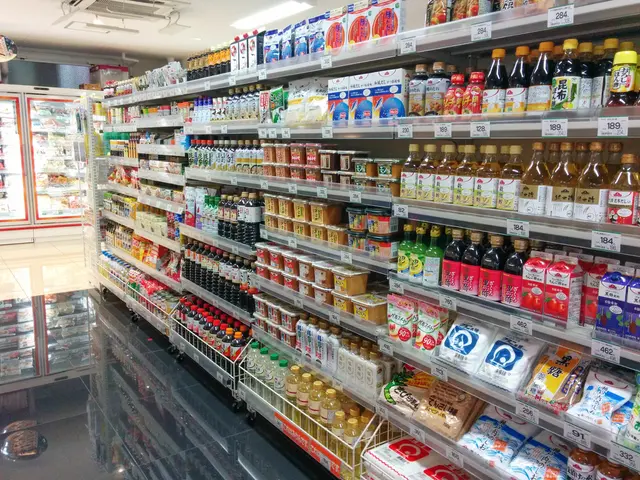Insights Gleaned from Fatherly Wrapping Habits
Fathers Embrace New Roles in Household Management: Lessons from Mothers
More and more fathers are taking advantage of extended parental leave, but many still find it challenging to ease the mental strain on their partners who often bear the brunt of household tasks. Family coach Mihaly Szöcs sheds light on this issue, as he leads a fathers' group in Cologne that discusses the psychological pressures of parental leave.
According to the group's members, the mental load, described as the sum of invisible to-do list items such as shopping, laundry, scheduling appointments, and planning weekends, often takes its toll on mothers, who bear about 71% of the mental tasks, while fathers handle only 45%.
Men's unique approach to handling childcare tasks is a point of friction in many relationships. Szöcs uses the simple example of packing a diaper bag as an illustration. "Mothers are incredibly skillful at filling the diaper bag with everything needed. Fathers, on the other hand, can become quite good with practice, but it may take some time," he explains. Szöcs attributes the difference to the 'It'll be fine' mentality of many fathers that doesn't seem to cause the same level of stress as it does for mothers.
Good communication is key to resolving these conflicts. Szöcs emphasizes the importance of writing down recurring tasks so that both parents are aware of their responsibilities. He recommends that parents avoid establishing specific areas of expertise and strive for a sense of security in managing various tasks to promote a balanced family environment.
Barriers to longer parental leave include inflexible work environments, traditional gender roles in companies, and financial hurdles. The Federal Ministry for Family, Senior Citizens, Women and Youth has addressed these challenges in its paper on family-conscious personnel policy.
Role models, such as former Austrian SPÖ politician Michael Lindner, who resigned from all his political offices to care for his sons full-time, can inspire more men to embrace a more active role in their families. As the benefits of fathers' involvement are well-documented – with fathers spending an average of 90 minutes more with their children during the first six years of their lives – allowing more fathers to take parental leave could lead to a more balanced family environment.
However, it's essential for mothers to let go of the need for control and trust their partners to manage their share of the household tasks if they wish to reduce their own mental load. As Szöcs notes, "Whoever takes on the responsibility also has it. So if mothers take on the responsibility, they also have to carry it and can't expect the other to do it automatically the same way." It's crucial for modern society to find a balance between endless demands and quality time spent with family.
The Community policy and employment policy could be amended to accommodate extended parental leave for fathers, reducing the mental strain on their partners who often bear the brunt of household tasks. In the health-and-wellness and lifestyle sphere, it's essential for women to let go of the need for control and trust their partners to manage their share of the household tasks, promoting a more balanced approach to parenting.








